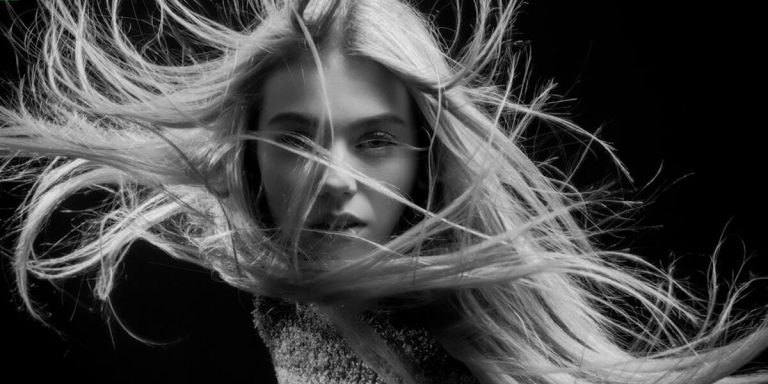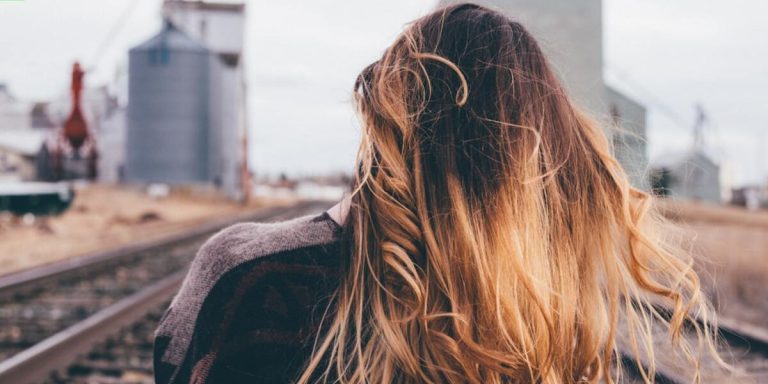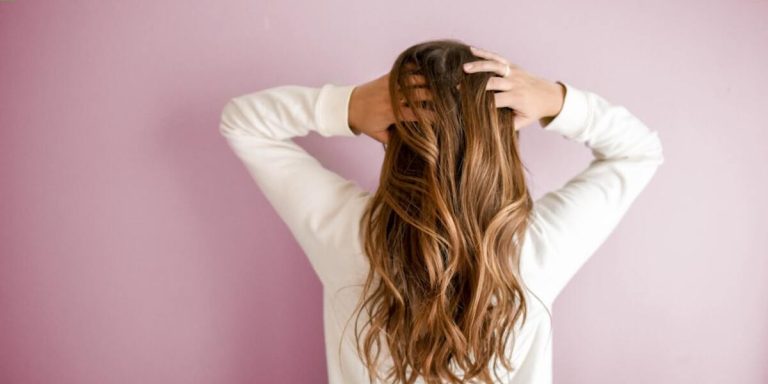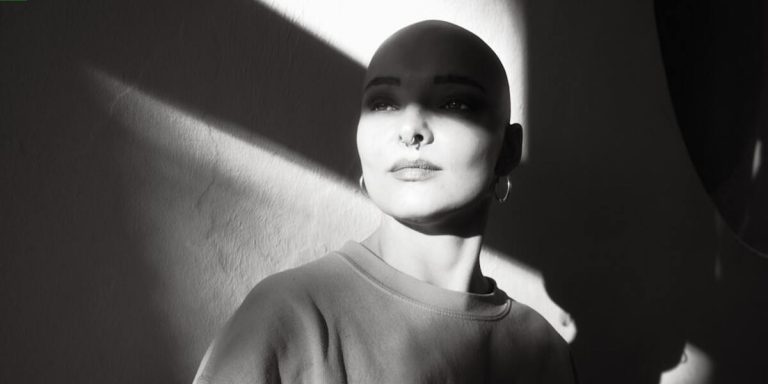Does Botox Cause Hair Loss? Unveiling the Truth Behind this Common Question
Botox has evolved from its exclusive use in cosmetic enhancements to aiding medical procedures. Despite the numerous advantages, a query that frequently crops up is – “Does Botox cause hair loss?” It’s necessary to dig into this since anything associated with our treasured tresses can be disconcerting for many.
In an attempt to demystify any speculation around this topic, we’ll explore health and scientific research documents drawing logical conclusions based on know-how and data. This article will provide you comprehensive insights about whether or not using botox impacts your crowning glory adversely leading to hair loss.
Did you know?
Surprisingly, studies show that Botox, commonly used for cosmetic enhancement, may actually promote hair growth by increasing blood flow to the scalp – quite contrary to causing hair loss.
Understanding the Relationship Between Botox and Hair Health
Botox, known for its cosmetic wonders in reducing wrinkles and fine lines, has sparked a debate among users concerning possible hair loss. While Botox plays an essential role in the beauty industry by providing ageless aesthetics to skin health, it’s important we thoroughly analyze whether its applications are directly linked with unexpected hair thinning or if they’re merely coincidental circumstances.
Firstly, let’s comprehend what botox is at length. Essentially derived from botulinum toxin type A – a neurotoxic protein produced by bacteria Clostridium botulinum – this substance causes temporary muscle paralysis when injected into specific areas such as the face or scalp. In small doses used medically like for easing excessive sweating (hyperhidrosis) or controlling frequent migraines; these injections aren’t harmful but rather beneficial due to their therapeutic nature.
Does Botox cause hair loss? As you question the impact of Botox on your hair, it’s important to understand that while some might experience sudden shedding after treatment, this doesn’t necessarily mean Botox directly causes hair loss. The body reacts differently to various circumstances; injecting foreign substances can sometimes lead to side effects depending on an individual’s resistance levels. These side effects could include transient alopecia—an autoimmune disorder that causes unpredictable round bald patches on the scalp.
Investigating Claims: Does Botox Lead to Hair Loss?
Before we delve into answering this query directly, it is important to note that Botox – short for botulinum toxin – is popularly used for cosmetic purposes such as reducing wrinkles or treating fine lines on the face. However, expanding its usage has now traversed into other avenues including migraines treatment and excessive sweating conditions.
Now coming back to our main discussion point: Does botox lead to hair loss? The answer isn’t clear cut. There have been mixed reports with some individuals claiming their crowning glory dwindled post-Botox treatments while others haven’t noticed significant changes.
Although researchers haven’t conclusively established a direct link between these two variables on a large scale, certain theories merit consideration.
1) Anecdotal Evidence: A substantial number of people who’ve undergone Botock injections have reported noticeable thinning or full-blown bald patches after their sessions.
Analyzing Scientific Evidence: The Impact of Botox on Follicles
Botox, primarily known as an anti-wrinkle treatment in aesthetic medicine, is gaining attention lately for its potential impact on hair health. The keyword to ponder upon here is – “does botox cause hair loss?” Delving into this question reveals scientific evidence that provides a profound understanding of the correlation between Botox and hair vitality.
First off, it’s vital to acknowledge how Botox works. Essentially, it inhibits neurotransmitters’ activity causing muscle paralysis temporarily. This paralytic action reduces wrinkles since the facial muscles can’t contract anymore.
So now let’s correlate it with our concern: “does botox cause hair loss?”. Some reports suggest people experiencing secondary effects post-Botoxaccompanied by thinning or receding of hairs which raise questions about its role as a potential contributor towards scalp problems such as alopecia or pattern baldness.
However, delving deeper paints another picture altogether! Various studies have documented that when applied to the scalp directly (intradermal injections), Botox could potentially reduce tension over follicular miniaturization areas mitigating factors associated with typical balding patterns especially observed among men.
Evaluating Common Factors Contributing to Hair Loss
In contemporary times, hair loss has become a common concern impacting millions globally. It’s not just about aesthetics or vanity; it affects people at an emotional level as well. Though there are numerous factors contributing to this problem, one query that seems to surface repeatedly in recent years is – does Botox cause hair loss?
Botox, widely recognized for its cosmetic use in smoothing wrinkles and fine lines, is also known for medical treatments such as chronic migraines and excessive sweating. However, the association between Botox and hair loss isn’t very clear yet due to conflicting scientific studies available on the subject.
Some research reveals that when used strategically around the scalp area under professional guidance of experienced practitioners, botox might act favorably by relaxing muscles hence promoting blood flow which may stimulate hair growth instead. On contrast though some anecdotal evidence suggests potential correlation between botoxy injections causing temporary thinning or shedding of hairs primarily caused by shock trauma during administration process.
Assessing Lifestyle Choices and Their Effects on Hair
Hair loss, a condition that can impact anyone at any stage of their life, often surprises people due to its sudden onset. Lifestyle choices and daily activities play crucial roles in this phenomenon. Several habits or actions lead to hair damage which eventually results in severe hair loss.
For example, using heat styling tools excessively like straighteners or curling irons may cause long-term detrimental effects on your hair’s health. Repetitive application of high temperatures weakens the protein structure of individual strands leading them prone to breakage – an avoidable cause for thinning locks.
An unhealthy diet also has similar impacts on our crowning glory. Optimal nutrition is pivotal for maintaining healthy tresses; deficiency of key nutrients causes fragility making it more susceptible to fall out easily when brushed or combed.
Uncontrolled stress holds another significant place among lifestyle-induced factors contributing towards thinning mane-chronic emotional distress releases hormones disrupting normal growth cycle causing increased shedding than usual conditions.
Exploring Medical Conditions That May Cause Alopecia
Alopecia, commonly known as hair loss, can be triggered by various medical conditions. Some of these are well-known such as hormonal imbalances and genetic predisposition. Lately though, a new question has been surfacing – does botox cause hair loss?
Botox is often associated with cosmetic procedures that reduce fine lines and wrinkles. It’s also used to treat migraine headaches or excessive sweating but it rarely comes up in conversations about alopecia.
The use of Botox for forehead wrinkle treatment involves injections into the scalp area which may make one wonder, does botox cause hair loss? Research so far has not definitively linked Botoxin treatments directly to Alopecia; however further study is needed due to mixed anecdotal evidence from users.
Autoimmune disorders also contribute significantly to cases of alopecia – Systemic Lupus Erythematosus being one notorious example where the body’s own immune system attacks healthy tissues including those found within follicles thereby leading to severe or even permanent damage if left untreated.
Distinguishing Myths from Facts in Hair Loss Causes
In the realm of hair loss causes, misinformation often runs rampant. One such myth that has caught attention lately is the belief that Botox can cause hair loss. A deep dive into professional studies and medical opinion helps dispel this misconception effectively.
Botox might even have potential benefits when it comes to treating certain types of alopecia due its ability in relaxing muscle tension around bald spots thus improving blood circulation which could promote healthy growth of follicles.
However, as with any treatment, individual experiences may vary greatly; hence why some people may anecdotally attribute their thinning tresses to recent botox treatments. It’s important here not only distinguish facts from fables but also understand that correlation doesn’t necessarily imply causation.
Busting the Myths Surrounding Cosmetic Procedures and Baldness
There’s a lot of buzz around the question, “Does Botox cause hair loss?” Understandably so – as cosmetic treatments gain popularity in modern society, it comes with new concerns about their potential side effects. Let’s unravel this topic and debunk some myths.
Firstly, botox isn’t typically linked directly to causing baldness. This trendsetting treatment works by blocking nerve signals in your muscles. When injected into specific facial tissues, it causes them to relax temporarily.
Thereby reducing wrinkles and providing a more youthful appearance.
Botox is not specifically designed for use on our scalp or within proximity to follicles – the area responsible for hair growth patterns in humans; therefore suggesting an indirect connection rather than causality.
However, there’s been anecdotal evidence from individuals who’ve experienced thinning hair post-botox procedures but further research needs verification before making conclusive statements linking these two phenomena together definitively.
Identifying Proven Triggers for Losing Your Mane
Hair loss, a predicament that many people experience at some point in their life, is often surrounded by countless myths. One of these widespread conjectures raises the question: Does Botox cause hair loss? Today we aim to bring clarity on this issue and differentiate between fact and fiction.
For starters, it’s critical to understand what Botox actually is – botulinum toxin type A. It’s primarily used for reducing wrinkles but it has found uses in various medical procedures as well due its muscle relaxing properties. Moreover, recently there have been claims about its efficacy in promoting hair growth which seems contradictory to the myth linking it with hair fall.
Evidence-based research suggests no direct correlation whatsoever between getting botox treatments and experiencing hair shedding or thinning. In reality, specific cases where patients observed increased fall out post-treatment could be attributed more reasonably towards stress from undergoing any cosmetic procedure rather than blaming Botoxin itself directly.
Before you get botox injections near your scalp region, ensure you consider the following points:
2) Inform the doctor beforehand if you are prone to alopecia or currently dealing with existing scalp issues.
3) Understand potential risks related not only limited to ‘hair-shedding’ like possible infections & allergic reactions among others before proceeding.
Conclusion
So, “does botox cause hair loss”? Hopefully, we’ve dispelled any myths surrounding this common question. While it is reassuring to know that Botox itself doesn’t directly contribute to hair loss, remember that everyone’s body response varies and having a balanced lifestyle will always play a vital role in maintaining healthy tresses.
Continue your quest for knowledge by browsing around our website where there are more insightful articles on various causes of hair loss. From environmental factors to genetic predisposition – we unwrap many layers behind the mystery of dwindling strands. The key takeaway?
Stay informed and proactive about your scalp health!







